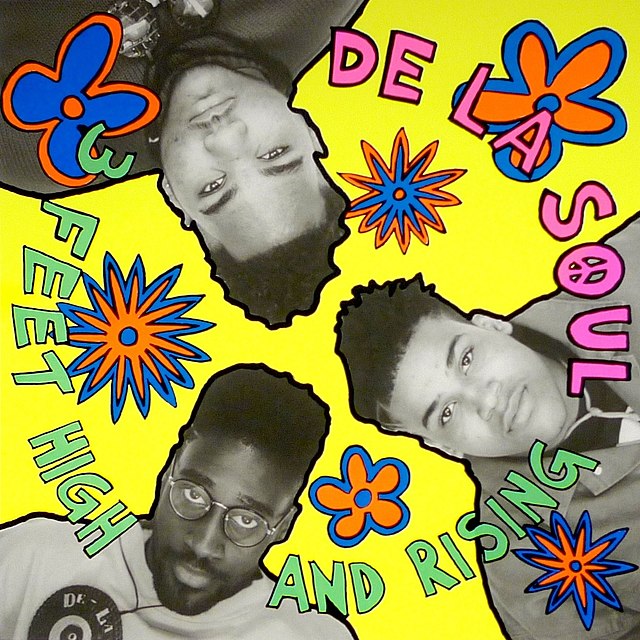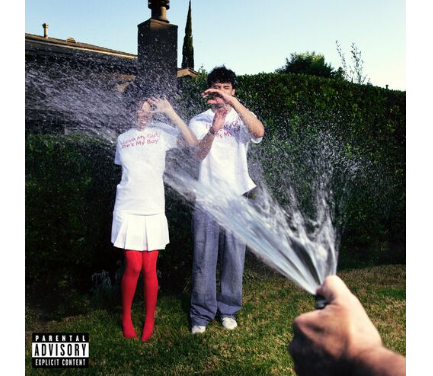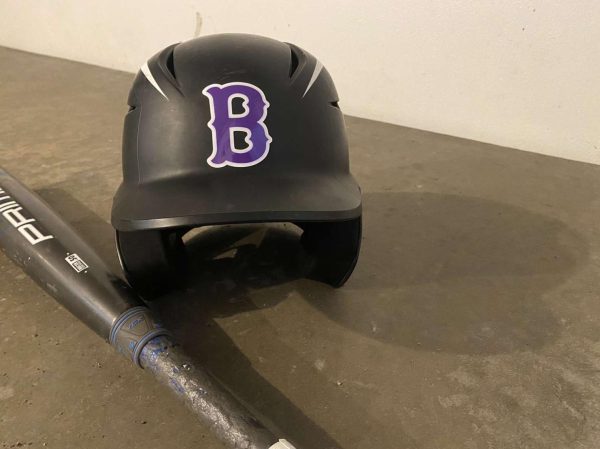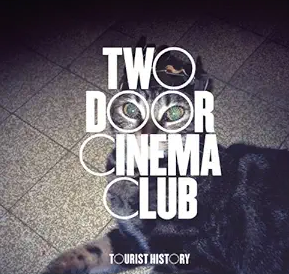De La Soul returns to streaming, but problems remain
De La Soul started as a quirky hip-hop group in the late 1980s.
March 29, 2023
Artists like MF Doom and A Tribe Called Quest were revolutionary in the development of the hip-hop genre and paved the way for music today. However, there was a third, equally influential group that used to be a household name as well: De La Soul.
De La Soul started as a quirky hip-hop group in the late 1980s and became universally known for their usage of sampling.
At first, sampling in hip-hop was widely accepted, and it was seen commonly throughout the genre. A well known example is the album Paul’s Boutique by the Beastie Boys.
The trend of including other people’s music in your own, however, ended almost as soon as it began, and quickly became frowned upon by many record labels. After a series of legal battles, De La Soul’s catalog, including their debut album 3 Feet High and Rising, was pulled from all streaming services.
For years, De La Soul remained stuck in the ’90s, while artists like MF Doom and others who were also known for their witty snippets that passed on through generations – until recently. Nearly 30 years after their debut, De La Soul’s first six albums became available on streaming platforms as of March 3, which was the 33-year anniversary of the release of 3 Feet High and Rising.
Some have speculated whether the reappearance of De La Soul’s music is related to the recent passing of band member David Jude Jolicoeur (Trugoy the Dove) in February. Regardless, it brings closure to many fans, who now know that the band is finally getting some of the recognition they deserve.
Sadly, De La Soul was not the first band to get in trouble with copyright laws, and will not be the last, as copyright infringements are much more common than people realize.
Mac Miller’s track “Kool-Aid and Frozen Pizza” was sued for copyright infringement. Frank Ocean’s track was sued over a sample-within-a-sample in his track “Super Rich Kids.”
Not only are copyright issues plaguing the hip-hop community, but more general problems within streaming services are also killing the genre.
Artists like Thom Yorke have been pulling their music off of streaming platforms because newer artists are not being given enough of the profits, and Neil Young has even pulled his music because Spotify was giving platforms to problematic influencers, especially targeting Joe Rogan.
In an era where pop and hip-hop are dominating radio stations, streaming services and copyright laws are slowly killing creativity.












